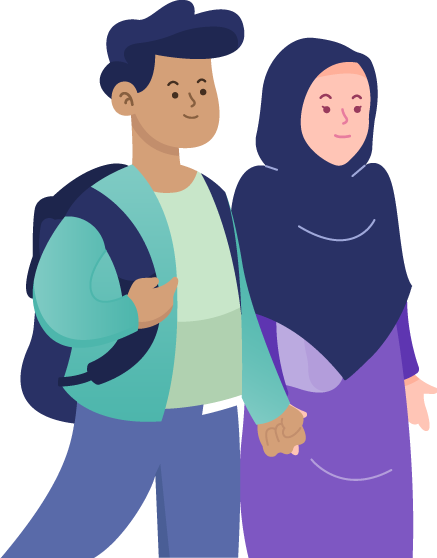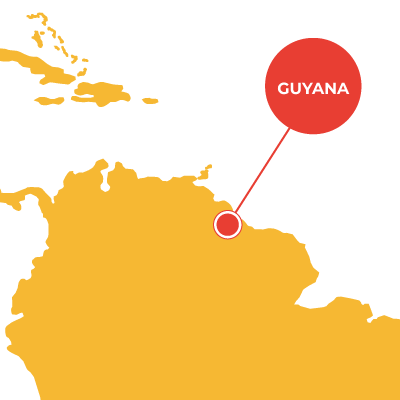Adaptation to combat trafficking in persons and smuggling of migrants in the Context of COVID-19: Lessons from Guyana
IOM’s country office adapted multiple initiatives to prevent human trafficking and to respond comprehensively to the needs of both migrant and local populations prone to these types of crime, affected by the negative COVID-19 economic effects.

Beneficiaries
Victims of Trafficking and groups in vulnerable states throughout the country
Main Actions
- Distribution of non-food items (NFI) and food items.
- Business development trainings among a small group of migrants.
- Training on human trafficking and migrant smuggling for government staff.
- Awareness raising activities against human trafficking and migrant smuggling.
- Assisting the local government on registration of migrants and the monitoring of health data at the border entry points.
Recommendations
- When conducting online training initiatives, attention must be directed toward accessing internet services and the necessary equipment.
- Faced with the impossibility of teaching English to the migrant population, IOM Guyana adopted its strategy by teaching Spanish to its staff and to anti-trafficking stakeholders in government and civil society online.
- Social media initiatives targeting children and teenagers should focus on awareness-raising components.
Contact
Compartir/Share

